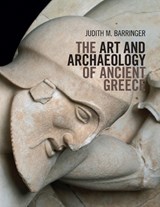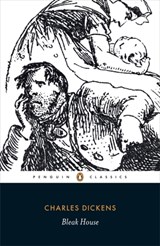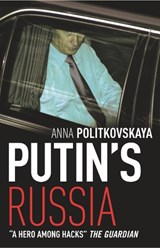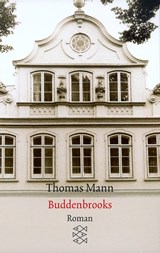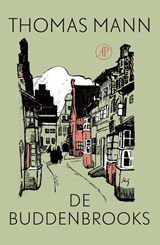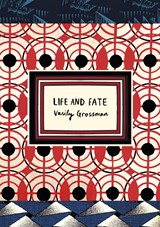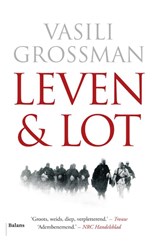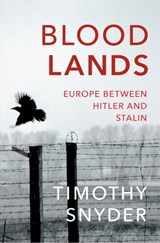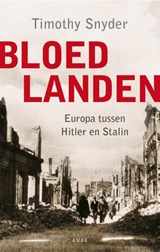5 vragen aan… Judith Barringer, auteur van Olympia en The Art and Archaeology of Ancient Greece
27 juli 2023Voor deze Griekse vakantieleesweek, en in de aanloop naar het studieboekenseizoen, stelden we de Amerikaanse archeoloog en hoogleraar Greek Art and Archaeology in Edinburgh Judith Barringer een aantal vragen. Ze koos er vijf om te beantwoorden. Lees over wat ze graag leest en aanraadt, hoe de auteur van het handboek The Art and Archaeology of Ancient Greece zoöloog wilde worden, en hoe haar fascinatie voor Olympia zich verdiepte. ‘What I enjoyed most was the constant state of “discovery,” that there was always more to learn and to consider about Olympia, that no matter how much I had read, thought about, or saw, there was yet more, an ever-expanding “universe.”’
What books are on your night stand?
- Charles Dickens, Bleak House
- Anna Politkovskaya, Putin’s Russia
When do you read?
I read work-related things all day long, most every day, which is reading for which I ‘feel responsible,’ that I need to retain it, learn it. Then there is the non-work reading—I suppose I should call it pleasure reading although a lot of my work reading gives me pleasure, too—and that is what I do over breakfast, at night in bed, and on many evenings; this is reading that I do not feel responsible for, reading that can be very heavy and serious or not.
At breakfast, I always read/translate German; I read a few pages each day of a German novel to keep my German reading knowledge in practice. Just now, it’s Buddenbrooks by Thomas Mann, and I love it. In the evenings and bedtime, I read either history (often 20th-century), a novel, or The New Yorker or the New York Review of Books. Sometimes I read archaeology in the evening, but in an area that is not my own or something I know little or nothing about, e.g., last night I read an article about Hellenistic Cyprus, and I have been reading about the Incas.
What book do you force upon your friends?
This often is whatever I am reading and enjoy at any given moment. Recently, it was Vasily Grossman’s Life and Fate, which I found brilliant, and also Peter Godfrey-Smith’s Other Minds from which I learned many fascinating things about cephalopods. Another is Timothy Snyder’s Bloodlands. And almost anything by Edith Wharton. I could go on and on.
When you were little, what did you think you’d be when you grew up?
I wanted to be a zoologist, but some part of me clearly wanted to be a teacher: as a small child, I would line up all my stuffed animals on my bed in rows and ‘give them spelling tests.’ They didn’t do so well.
I always loved reading, loved literature, so when I began university, I studied English Literature and lots of Art History. My engagement with Classical Archaeology began in that very common way: the right teacher and the right class at the right time: the usual serendipity that explains so many career decisions. But I still love animals, still love literature.
What did you enjoy most while working on this book?
What I enjoyed most was the constant state of ‘discovery,’ that there was always more to learn and to consider about Olympia, that no matter how much I had read, thought about, or saw, there was yet more, an ever-expanding ‘universe.’ I found this sometimes daunting, and I was led into some unexpected byways and down rabbit holes, but it was also inspiring, occasionally thrilling. And, of course, I still don’t know everything about Olympia—not by a long way!



